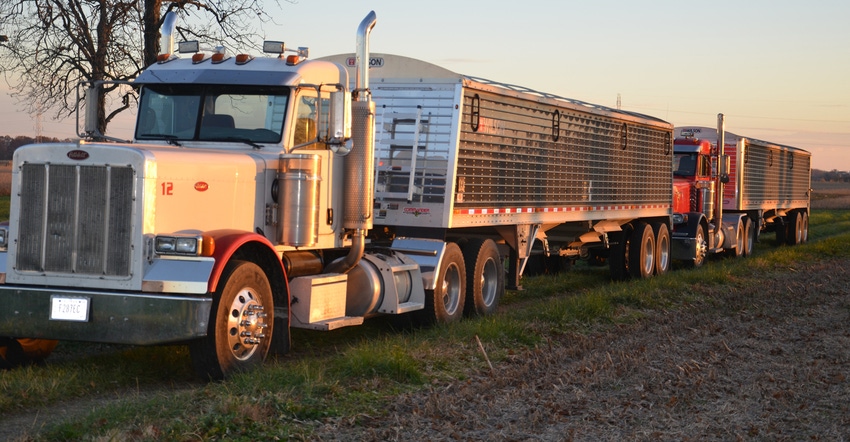May 7, 2020

John Schwarz II, Royal Center, Ind., is a practicing lawyer and a farmer. He strongly believes in limited liability companies as a great way to structure your farm business. An LLC limits personal liabilities and provides other benefits. So why don’t more farmers use them?
“The main reason is fear,” Schwarz says. “People fear things that sound complicated, and if you want to see farmers head for the door, just mention the dreaded words ‘more paperwork.’”
But Schwarz says setting up and operating an LLC is easier than most people think. “From an operational standpoint, all we’ve done is change the name on the checking account,” he says. “Like changing it from John Schwarz to Schwarz Farms LLC. Most of my clients agree that it’s not really that difficult.”
For both maximum liability protection and simplicity, Schwarz encourages clients to not put all their eggs in one basket. Instead, he recommends setting up multiple LLCs.
LLC types
Here are four LLCs to consider for your farm:
1. Operating LLC. This LLC functions similarly to the farm checking account for a sole proprietor, with most farm expenses paid from this account, Schwarz says. The only difference is occasional checks written from the operating LLC to the other LLCs. The goal is to have 99% of checks written by the operating LLC, and only 1% from the others.
2. Land LLC. Often, it’s best to start here, because land is typically the most valuable asset in a farm operation. Having your most valuable asset in its own LLC protects it in the event that another of your LLCs gets sued. In addition, renting land from your own LLC has a tax savings most farmers are unaware of.
3. Machinery LLC. Having machinery in its own LLC not only protects it but also helps when transitioning machinery to farming heirs. The only transactions here would include payments for new equipment, used equipment and updates. Fuel, repairs and insurance can be paid by the operating LLC, Schwarz says. Keep as many transactions as possible coming from the operating LLC.
4. Trucking LLC. “Trucks are the most dangerous piece of equipment on the farm,” Schwarz says. “If you’re in a wreck and get sued, how do you think the jury is going to react when they find out that you most likely don’t have a commercial driver’s license, or that your truck is not Department of Transportation inspected? It’s not going to be a good outcome. Putting your trucks into its own separate company insulates the rest of your LLCs from your biggest risk.”
In today’s farming environment, Schwarz says there’s really no excuse for not getting your farm set up in the appropriate legal structure. The cost is affordable, typically $2,000 to $3,000. There’s a bit of a learning curve, but he helps clients walk through the first year.
Schwarz encourages farmers to at least try one LLC. “Often, if having four LLCs seems overwhelming, I say, ‘Let’s just start with one or two and get our feet wet.’ Once they see the benefits, they establish more LLCs.
“I’ve used multiple LLCs on my farm, so I know it works. I tell my clients, ‘Give me a year, and if you’re not satisfied, I’ll help you undo everything, and I’ll refund your money.’”
He says he’s never had to do this.
Boone writes from Wabash, Ind.
About the Author(s)
You May Also Like






